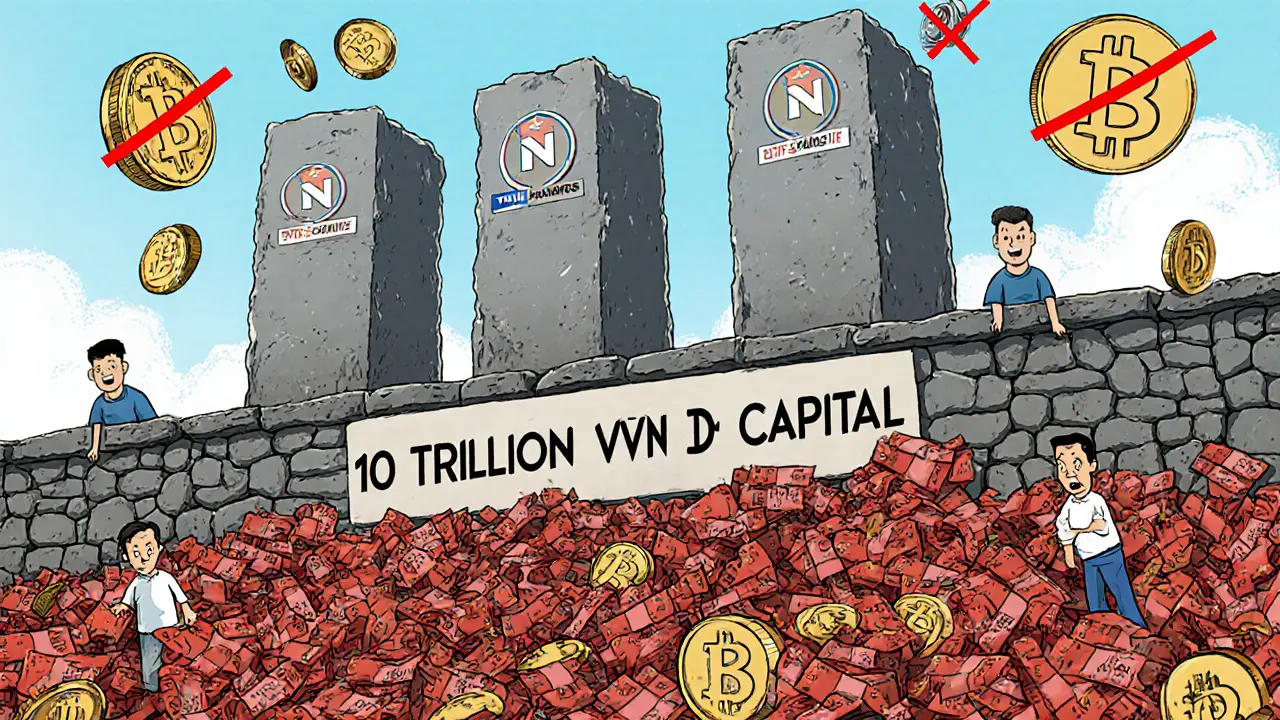Crypto Capital Requirements: What You Need to Know About Compliance and Risk
When you hear crypto capital requirements, the minimum financial and operational standards crypto businesses must meet to operate legally. Also known as crypto regulatory capital, it's not about how much Bitcoin you own—it's about whether the platform you're using has the legal backbone to protect your funds. This isn’t theoretical. In 2024, over 30 crypto exchanges were blocked in India alone because they didn’t meet local capital and reporting rules. The same thing happened in Tunisia, Russia, and across the EU—platforms vanished overnight because they skipped the basics.
AML compliance, anti-money laundering systems that track suspicious crypto transactions is the engine behind capital requirements. Exchanges that skip KYC, ignore transaction monitoring, or refuse to share data with regulators are playing Russian roulette with your money. Look at EasiCoin or Garantex—both had zero compliance, and users lost funds with no recourse. Meanwhile, platforms like CoinDCX and BingX built their systems around MiCA, the EU’s comprehensive crypto regulation that sets capital, transparency, and security rules, so they can operate legally across 27 countries.
It’s not just about big exchanges. Even DeFi platforms and airdrop projects now face pressure to follow capital rules. If a token like RGAME or LUCKYSLP is traded on an unregistered exchange, you’re not just buying a coin—you’re funding a legal gray zone. The EU’s AMLA, the new anti-money laundering law that tightens capital and reporting rules for all crypto firms kicks in by 2027, and projects that ignore it now will be frozen out of European markets.
Here’s what you need to remember: if a platform doesn’t talk about compliance, it’s not being transparent. If it avoids mentioning KYC, AML, or regulatory licenses, it’s not safe. The best crypto tools don’t just offer high yields—they show you their paperwork. The posts below break down exactly which exchanges follow the rules, which ones are dodging them, and how to spot the difference before you deposit a cent.






